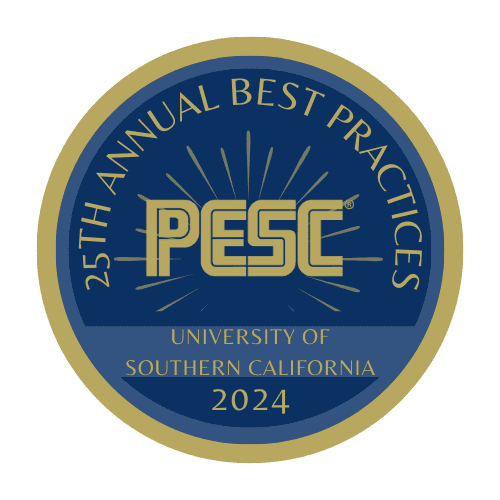
Washington, D.C. – January 16, 2025 – The Postsecondary Electronic Standards Council (PESC) is thrilled to announce the University of Southern California (USC) as the recipient of the 25th Annual Best Practices Award in Technology for their outstanding implementation of the PESC GEO Code standard.
USC’s innovative approach to leveraging the PESC GEO Code has significantly advanced data interoperability in higher education. Since its adoption in 2017, the university has revolutionized data exchange processes, enabling over 4,000 automated international degree verifications annually through the SPEEDE Server. Additionally, their work has enhanced student self-reporting of transfer data, removing barriers and ensuring secure and efficient data exchange across institutions.
“The University of Southern California’s leadership in seeing the industry need and championing the PESC GEO Code standard exemplifies the spirit of innovation and collaboration that this award celebrates,” said Monterey Sims, PESC Board Vice Chair and University of Phoenix Director of Admissions and Evaluation. “Their commitment to interoperability and streamlining critical processes has set a benchmark for institutions worldwide, and we are proud to recognize their achievements.”
Matt Bemis, Senior Associate Registrar at USC, expressed his gratitude for the honor, stating, “It is a privilege for USC to be recognized by PESC for our work with the GEO Code standard. This initiative has allowed us to transform how we manage and exchange student data, ultimately enhancing the experience for our students and partner institutions globally. We look forward to continuing our efforts to drive progress in data interoperability.”
Adding her congratulations, Ann Marie Lyseng, GEO Code User Group Co-Chair and Senior Manager, Learner Pathways/ACAT Secretariat, remarked, “USC’s implementation of the PESC GEO Code standard is an excellent example of how institutions and educational organizations can leverage a trusted, open standard to support reliable data exchange and interoperability. By embracing GEO Code, USC has demonstrated ways to strengthen data comparability while maintaining the security and integrity of student data—a win for learner mobility as well as institution and global data exchange.”
Congratulations to Matt Bemis and the University of Southern California for their exemplary leadership and dedication to advancing interoperability and student success through the PESC GEO Code standard.
###
ABOUT THE UNIVERSITY OF SOUTHERN CALIFORNIA:
USC is a constellation of schools, centers and institutes where some of the brightest minds, working together in a dynamic and collaborative environment, are leading the way to the future of education and a healthier, more joyful and more sustainable Los Angeles and world. For more information, please visit www.usc.edu.
ABOUT PESC:
Since 1997, PESC Members have come together to identify, research, develop and promote the adoption of interoperable data standards and methods across the postsecondary education P20W ecosystem. Our work includes the development and reuse of common data schemas leveraging XML, EDI, JSON and JSON-LD. PESC advocates for the widespread adoption of automated connections that enhance data efficiency. These connections ensure secure and repeatable interchange across specialized administrative, financial, and academic domains. PESC is annually sponsored by AcademyOne, National Student Clearinghouse, Parchment, EducationPlannerBC, AACRAO, and ECE. For more information, please visit www.PESC.org.
